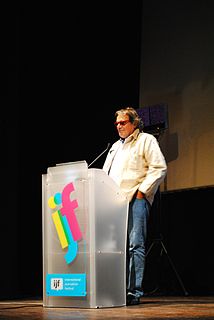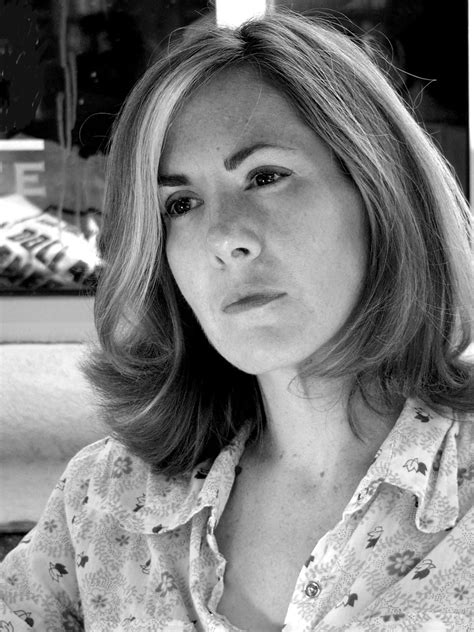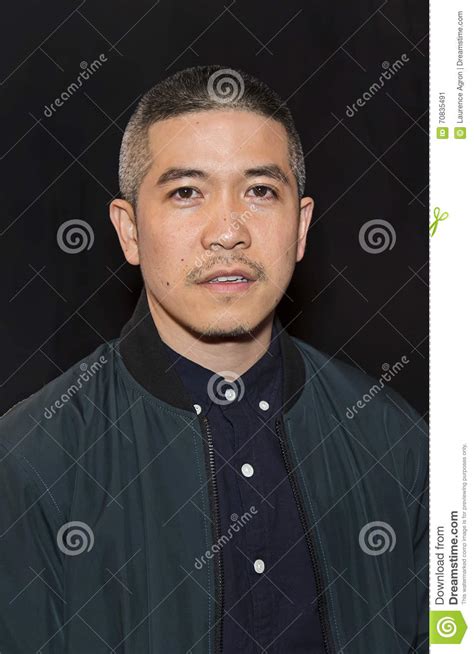A Quote by Betty Friedan
Whatever I wrote was heretical. It offended the editors of the women's magazines.
Related Quotes
If you go off into general-interest magazines, often women are being shoved aside into various ghettos that perpetuate the problem. Women's interests are specialized, they're secondary; they're somewhere over to the side of the serious work that's being done. Throughout history, there have been ladies' magazines, ladies' journals, and for years there have been women writers who would refuse to participate in women-only sort projects because of that stigma.
Men's magazines often feature pictures of naked women. Women's magazines also feature pictures of naked women. This is because the female body is a beautiful work of art, while the male body is lumpy and hairy and should not be seen by the light of day. Men are turned on at the sight of a naked woman's body. Most naked men elicit laughter from women.
I don't know of any science writing going on in women's magazines, unless you count medical stories about things like breast cancer. I still think there's a huge problem about how we can actively engage a wider range of women. I'm not saying women must be a separate audience - I'm just responding to the reality that the majority of people who do read science magazines are male. That's not a value judgment; it's a statistical fact.




































